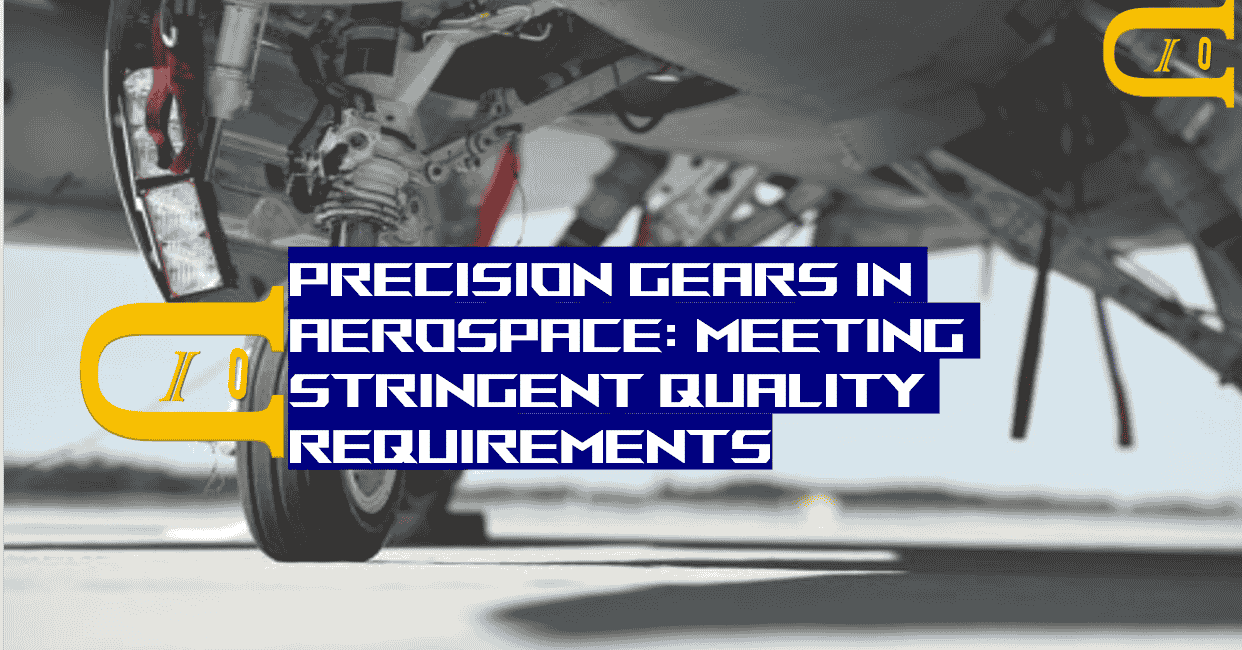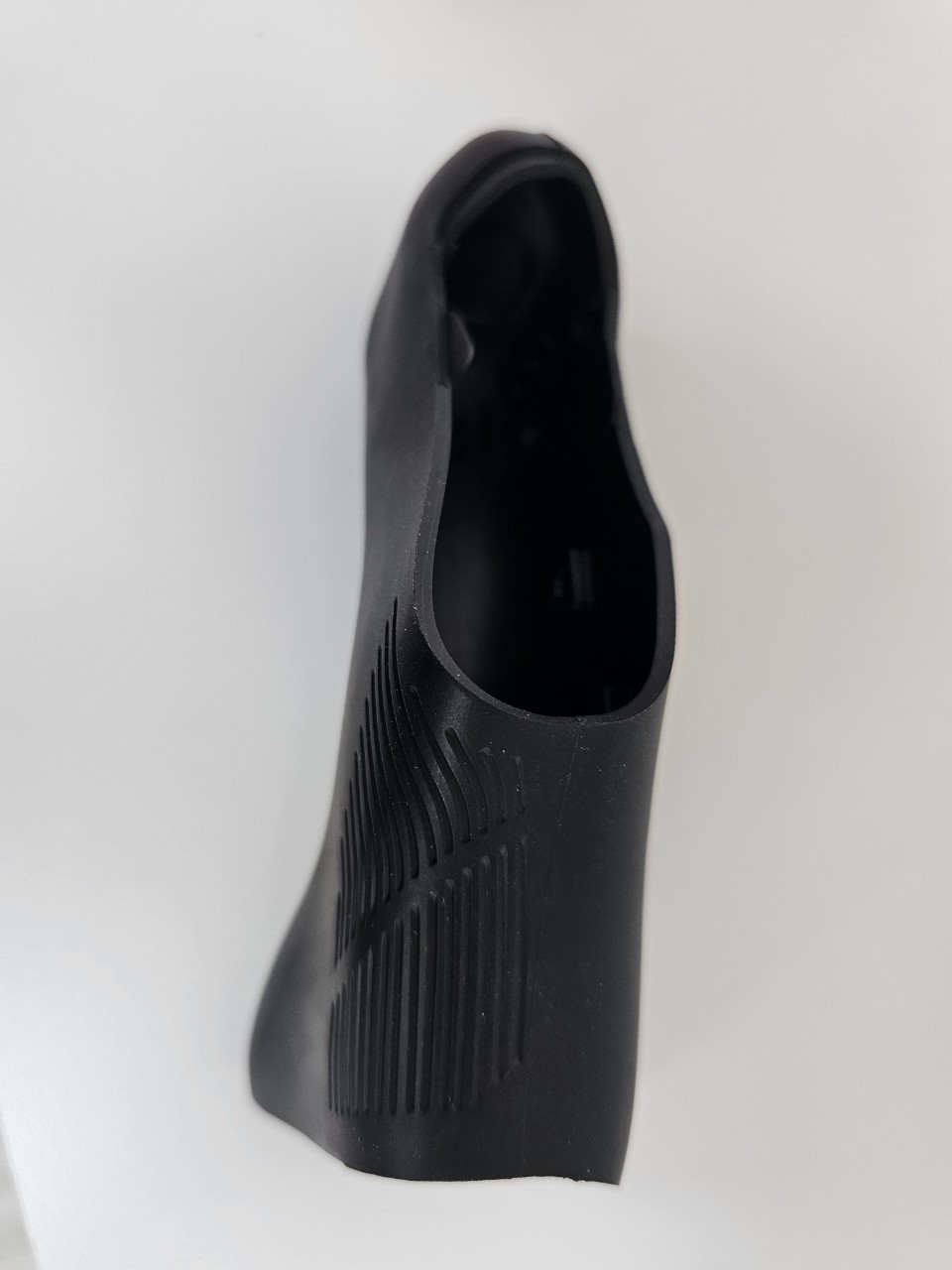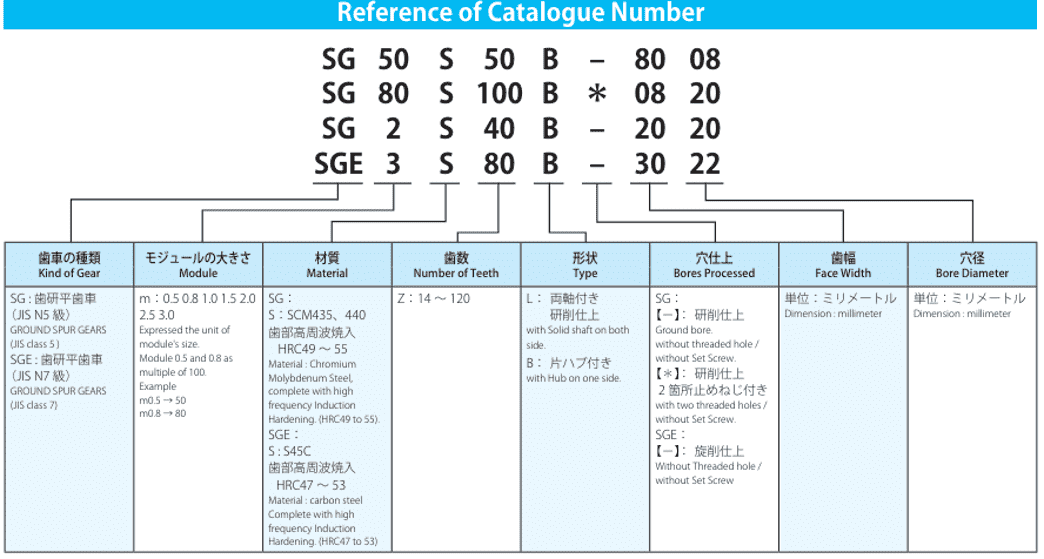Here are some relevant facts and statistics related to precision gears in aerospace, certifications like AS9100 and ITAR registration, and the broader aerospace industry:
1. Precision Gears in Aerospace
- Global Aerospace Market: The global aerospace market size was valued at $869.3 billion in 2021 and is expected to expand at a CAGR of 5.3% from 2022 to 2030, with a significant portion of the market being driven by aircraft manufacturing and parts, including precision gears (Source: Grand View Research).
- High-Performance Gear Materials: Aerospace gears are typically made from advanced materials like titanium, steel alloys, and composite materials to withstand extreme conditions, including high stress, temperature variations, and corrosion.
- Manufacturing Tolerances: In aerospace, gear tolerances can be as tight as ±0.0001 inches, highlighting the importance of precision in manufacturing these components to ensure performance and safety (Source: Aerospace Manufacturing and Design).
2. AS9100 Certification
- AS9100 Adoption: More than 20,000 companies globally are AS9100 certified, with over 80% of aerospace manufacturers relying on the certification to maintain quality standards (Source: International Aerospace Quality Group (IAQG)).
- Impact on Quality: Studies have shown that AS9100 certified organizations experience a 12-15% reduction in product defects due to the structured processes required by the standard, contributing to safer and more reliable aerospace products (Source: Aerospace Quality Systems).
- Cost Savings: Companies that are AS9100 certified report a 6% average reduction in warranty costs and 4% reduction in returns thanks to improved quality control processes (Source: National Institute of Standards and Technology (NIST)).
3. ITAR Registration
- ITAR Compliance: More than 300,000 entities in the U.S. are required to comply with ITAR regulations, including manufacturers of aerospace components, to control the export of sensitive military and dual-use technologies (Source: U.S. Department of State).
- Revenue from Defense Contracts: The U.S. aerospace and defense industry generated $909.6 billion in revenue in 2021, with a significant portion coming from government defense contracts that require ITAR compliance (Source: Aerospace Industries Association (AIA)).
- Penalties for ITAR Violations: Non-compliance with ITAR regulations can result in significant penalties, with fines reaching up to $1 million per violation, and prison sentences of up to 20 years for severe offenses (Source: U.S. Department of State).
4. Aerospace Industry Overview
- Aerospace Employment: The aerospace and defense sector employs over 2.5 million people in the United States alone, with a growing demand for highly skilled workers in precision engineering and quality assurance (Source: U.S. Bureau of Labor Statistics).
- Global Aircraft Fleet: The global commercial aircraft fleet is expected to grow to around 39,000 aircraft by 2035, driving further demand for aerospace parts like precision gears (Source: Boeing's 2024 Commercial Market Outlook).
5. Certification and Compliance Benefits
- Supplier Trust: A 2017 study showed that 90% of aerospace companies prefer working with suppliers who are AS9100 certified due to the increased trust in their commitment to quality and regulatory compliance (Source: Aerospace & Defense Supplier Summit).
- Regulatory Compliance: Over 95% of aerospace companies report that adherence to quality management standards like AS9100 and ITAR significantly contributes to meeting global regulatory and export control requirements (Source: International Trade Administration (ITA)).
These facts and statistics emphasize the importance of precision gears and certification standards in aerospace manufacturing, highlighting their role in ensuring safety, compliance, and performance in one of the most regulated and high-performance industries in the world.


